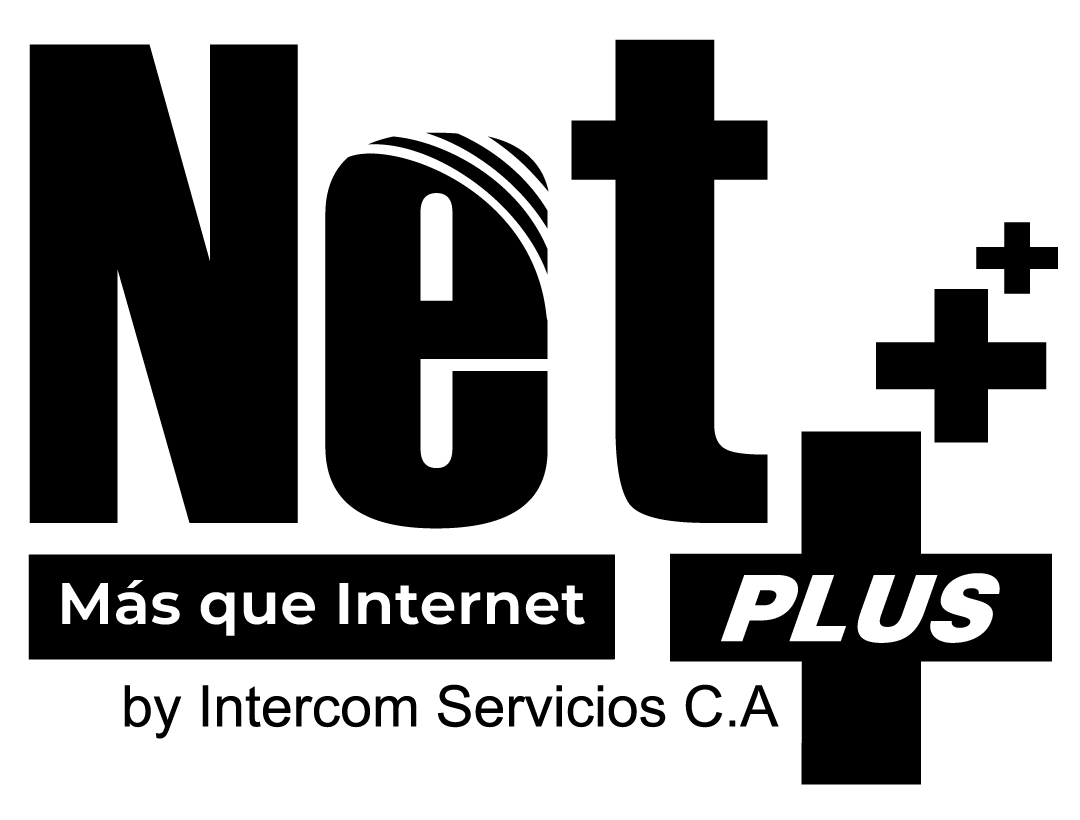What Is Bookkeeping? Definition, Tasks, Terms to Know

Primarily, you need to have an accurate picture of all the financial ins and outs of your business. From the cash you have on hand to the debts you owe, understanding the state of your business’s finances means you can make better decisions and plan for the future. Whether you take on your small-business bookkeeping yourself or end up outsourcing to an expert, understanding the basics will help you better manage your finances.

To make it even easier, bookkeepers often group transactions into categories. When first starting out, market yourself as a professional who is well-versed in managing accounts, reconciling transactions, providing financial overviews and balancing budgets. Ask for testimonials from people who have utilized your services in the past and spread the word about your offerings through a website or social media. While any competent employee can handle bookkeeping, accounting is typically handled by a licensed professional. It also includes more advanced tasks such as the preparation of yearly statements, required quarterly reporting and tax materials. For every new small business, it might not make sense to hire a bookkeeper straight away.
Best for Startups
Bookkeeping is the practice of organizing, classifying and maintaining a business’s financial records. It involves recording transactions and storing financial documentation to manage the overall financial health of an organization. Most businesses use an electronic method for their bookkeeping, whether it’s a simple spreadsheet or more advanced, specialized software. Since good record keeping relies on accurate expense tracking, it’s important to monitor all transactions, keep receipts, and watch business credit card activity. Many bookkeeping software options automate the tracking process to eliminate errors. The first step you’ll need is a business bank account, which allows you to keep your personal and business expenses separate.

You can also learn how to use Excel to keep your books or create your business budget with Google sheets. This investment can benefit your business in that an accounting professional will be up-to-date on tax laws and regulations and can business bookkeeping sometimes find deductions that were overlooked. When starting a new small business, one of the first steps should be opening a business checking account. You might also consider opening a savings account to deposit tax obligations.
Small Business Bookkeeping Tips
Most of the accounting services we reviewed are available in multiple versions, so you can start at the low end and upgrade to a more powerful edition that looks and works similarly. You can do a lot with these transactions once they appear in a register. First, they should be assigned a category, such as office expenses, utilities, and travel.
What is bookkeeping?
QuickBooks Live is our top pick for online bookkeeping services because it offers cleanup bookkeeping services that vary based on your company’s needs for your first month. This service is ideal for business owners who want to get their bookkeeping in order but don’t have the time or resources to do it themselves. We recommend FreshBooks for sole proprietors and companies with perhaps an employee or two—though it’s capable of handling more. Very small businesses can use it for basic money management, like sending invoices, monitoring financial accounts, accepting payments, and tracking income and expenses. More complex companies can add advanced tools that include projects and proposals, mileage and time tracking, and reports. Digital recordkeeping of your business’s finances can streamline your bookkeeping process, reduce clutter, and improve data security.
- You should also hold onto the proof of purchase if you plan to claim that expense as a tax deduction.
- At least once a week, record all financial transactions, including incoming invoices, bill payments, sales, and purchases.
- If your business requires the collection of sales tax, you may be required to submit accurate quarterly payments, depending on your state’s requirements.
- Primarily, you need to have an accurate picture of all the financial ins and outs of your business.
- While accounting can be a lucrative long-term career, most accountants, unlike corporate attorneys or investment bankers, do not command huge salaries during the first few years.
- Proper financial records make it easier for you to analyze the financial state of your firm and determine areas that need improvement.
Your company’s assets are what it owns and are usually broken down into two categories—current assets and fixed assets. Current assets include cash, accounts receivable, inventory, and prepaid expenses. An accounting ledger is a book or system you use for recording and classifying financial transactions. A bookkeeper is skilled at keeping documents and tracks a wide net of financial information.
How To Manage Bookkeeping in 4 Steps
Assets, liabilities, and equity make up the accounts that compose the company’s balance sheet. One of the first decisions you have to make when setting up your bookkeeping system is whether or not to use a cash or accrual accounting system. If you are operating a small, one-person business from home or even a larger consulting practice from a one-person office, you might want to stick with cash accounting. In all cases, your business needs to exceed the threshold for taxes for two consecutive years.
There’s a variety of spreadsheet software you can use, such as Microsoft Excel, that can be used for simple bookkeeping. At the end of the accounting period, take the time to make adjustments to your entries. For example, you may have estimated certain invoices that are later solidified with an actual number. An opt-in system called ReadyReturn, widely used in European countries, prepares taxes automatically for free, and most U.S. taxpayers can benefit from something like it. A Tippie College of Business tax expert says it’s time to adopt a ReadyReturn system in the United States. Department of Labor’s Occupational Handbook, some of the most in-demand accounting jobs include comptroller, accounting manager, senior tax accountant, and internal auditors.

